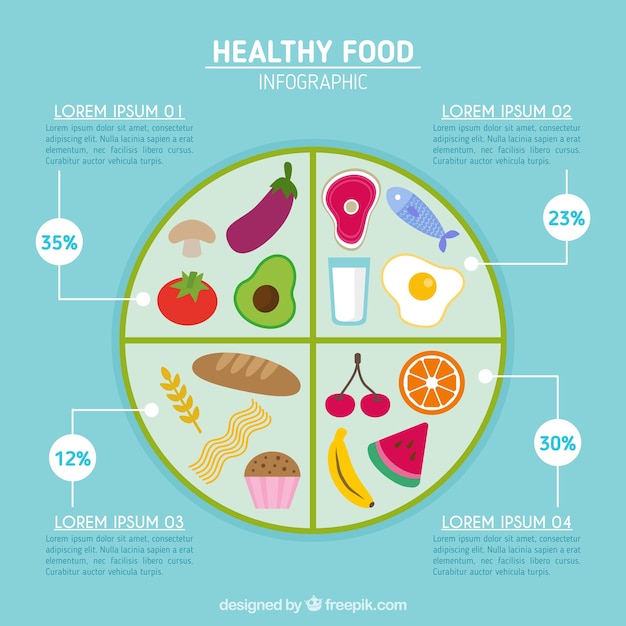
Getting healthy isn’t as complicated as it may sound. It all starts with eating right. A balanced diet not only helps you keep illnesses at bay but assists in better management if you have conditions like heart disease or diabetes. Now, eating healthy looks different for everyone, but the goal remains the same: to eat foods that give our bodies the vital nutrients they need.
What exactly does good nutrition mean? It’s all about eating foods filled with beneficial vitamins and minerals while controlling fat intake. We can go for high-fiber foods, and we definitely should aim for eating at least five servings of fruits and veggies every day. And don’t forget–watching your portion size matters!
Balanced eating, when teamed with regular exercise, becomes the key to good health. It’s important to steer clear of quick-fix diets that may not be sustainable or healthy in the long run. Instead, focus on wholesome foods that you can continue to eat long-term.
Should you change your diet? Well, if you’re consistently gaining weight, or have a family history of illnesses like heart disease or diabetes, or your doctor mentioned better nutrition could improve your health, it’s perhaps time to consider it. You might also want to think about visiting a nutritionist if you’re unsure about what you should be eating or if considering dietary supplements.
Shifting to healthy eating might sound tough, but some simple steps can help. Keep an eye on what you’re eating, consider if your diet includes a good amount of fruits, vegetables, whole grains, and high-fiber foods. It might be useful to keep a food diary to get insights. And don’t hesitate to reach out to a dietitian, especially if you have specific health concerns.
Reducing unhealthy fats is a great step towards healthy eating. This could be as simple as baking your meat instead of frying it, going for low-fat or fat-free alternatives, or increasing your intake of fruits and vegetables. Also, do read the nutrition labels before buying any food products, and be mindful when eating out regarding hidden fats and large portions.
Staying hydrated is a must too! Choose low-calorie drinks like water or tea over beverages high in sugar and calories.
And remember: there’s no magical solution for improving nutrition. You need a varied diet of whole foods. Be wary of diet programs that sound too good to be true. The best way? Set realistic diet goals and prioritize your health. It’s a journey worth taking.
Author:
Anamika Singh, a content marketer at Rotimatic and a dedicated mother of two, shares her real-life experience in her content about parenting, cooking, and home maintenance. In her spare time, she loves whipping up tasty dishes and diving into the world of books. Her practical tips are a valuable resource for her readers.
Categories:
Healthy Tips
Tags:
Better Health, Expert Advice, Smart Eating


